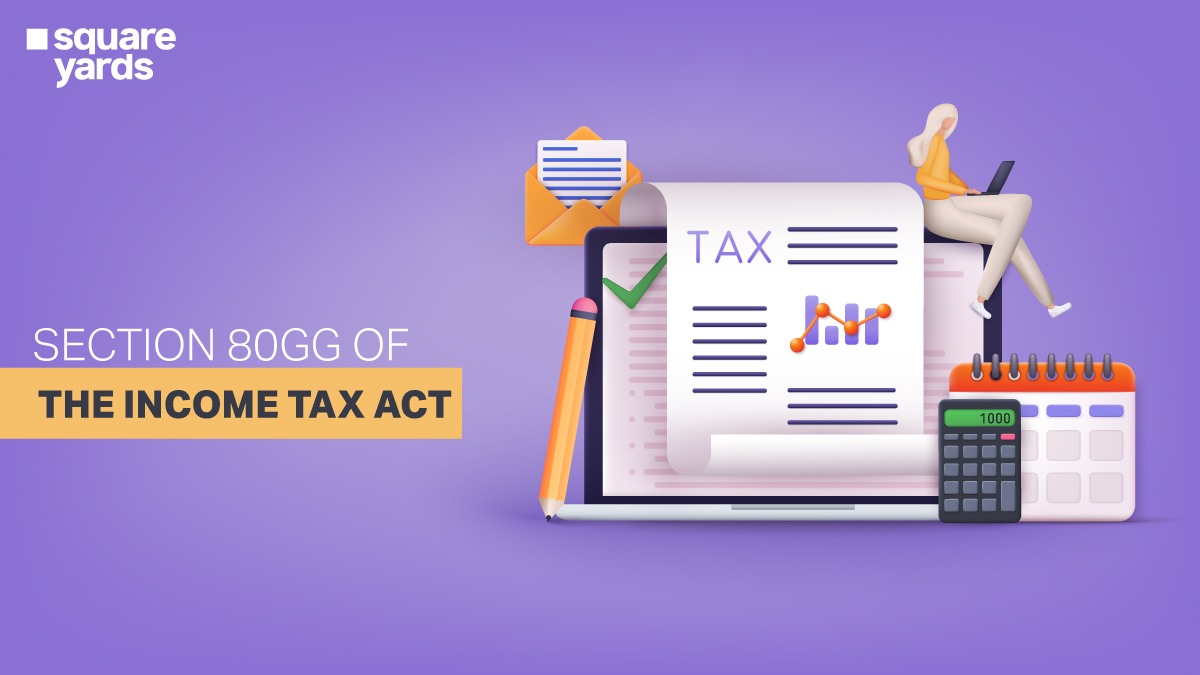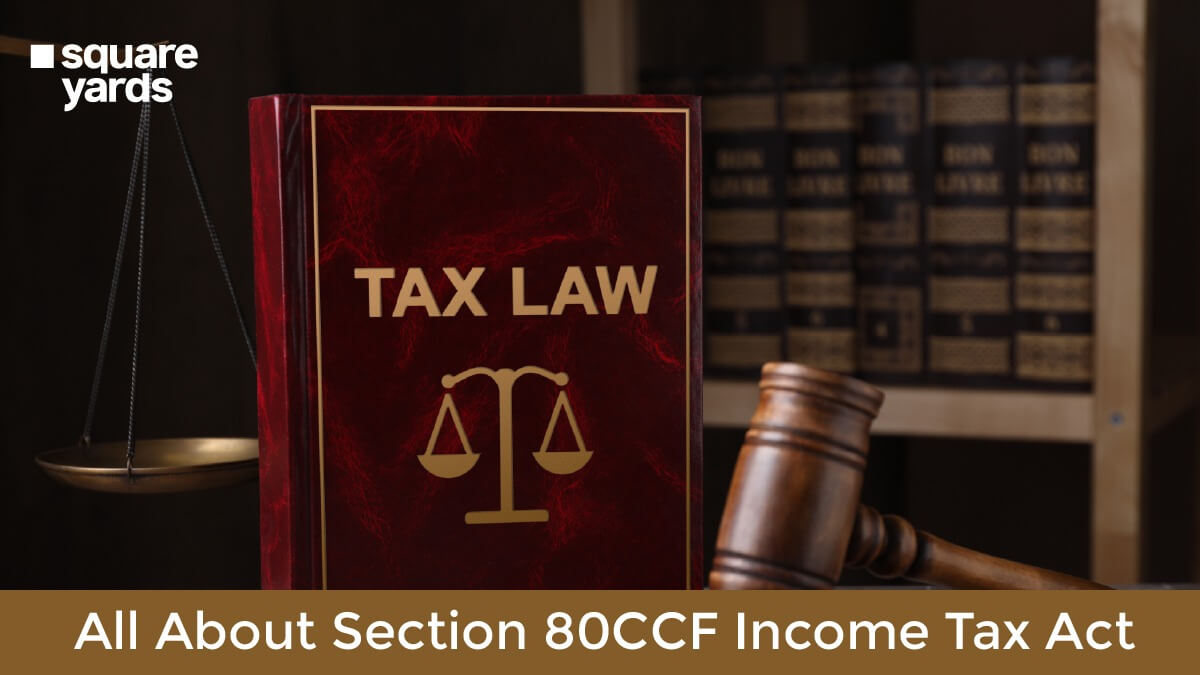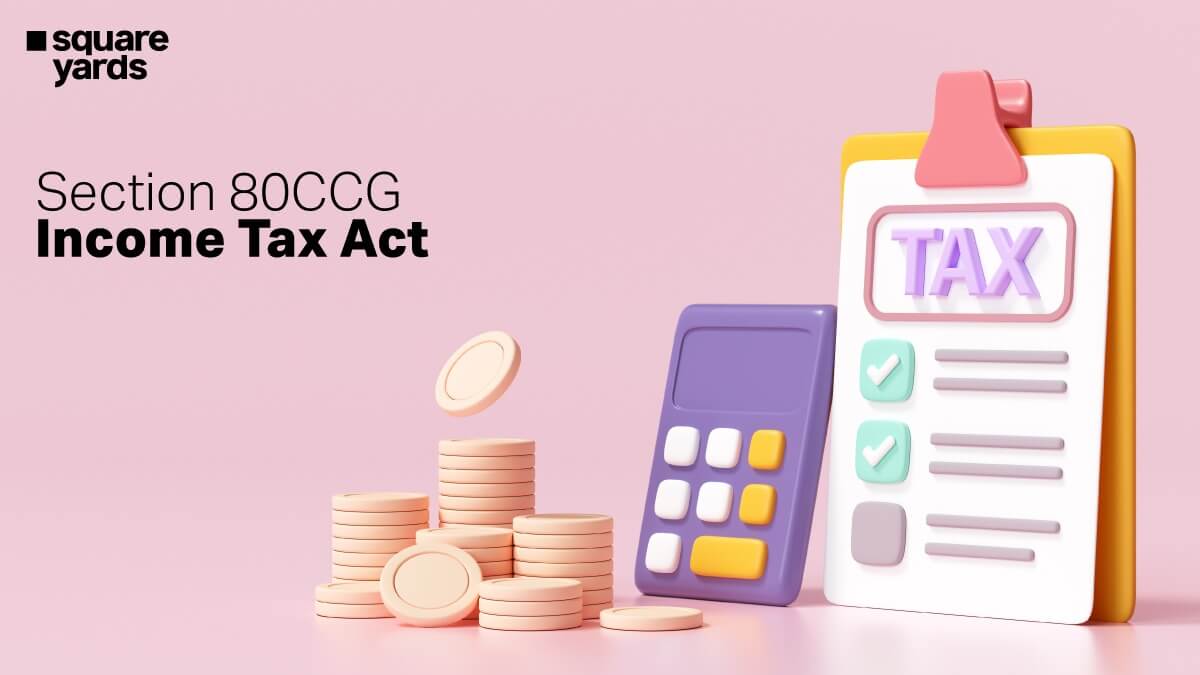A tax reform launched in 2017, Goods and Service Tax (GST) in India, was a revolutionary movement. The new scheme has been picturised as an efficient mechanism of taxation. It also simplifies the taxation mechanism by making a unified market and following the approach of “One Nation, One Tax” in India.
An audit under GST is all about checking and verifying the financial documents maintained and submitted to the tax authority under GST. The GST Act, 2017 makes it compulsory for the registered taxpayers to get their account books audited. Therefore, the GST Audit under section 35 (5) of the Act mentions that the GST registered taxpayer should submit an audited document of their annual accounts by an Accountant assigned by the Commissioner.
Table of contents
- What is GST Audit?
- Obligation Of Audit Under GST
- Types of GST Audit in India
- Objectives of GST Audit Under Law
- Turnover-Based GST Audit Under Section 35(5)
- Items to Include for Aggregate Calculation of Annual Turnover
- Items to Exclude for Aggregate Calculation of Annual Turnover
- Person Accountable for Audit Under GST
- GST Audit by Tax Authorities
- GST Audit Limit by CA or CMA
- Document Requirements for the Taxpayers
- Forms for Annual Return and GST Audit
- What are the Accounts Reviewed by an Auditor?
- Due Date for Submission GST Report
- Penalty for not Submitting Audit Report
- Bottom Line
- Frequently Asked Questions (FAQ’s)
What is GST Audit?
As per the CGST Act, Section 35 (5), the registered taxpayers of India whose aggregate turnover is over ₹ 2 crores in a financial year (FY) to get their accounts book audited by an authorised Cost Accountant or a Chartered Accountant. The taxpayer registered under GST must submit a copy of the GST audit report, financial statements, and reconciliation statement through Form GSTR 9C. The concerned taxpayer must submit the reports to the tax department once in a financial year.
Obligation Of Audit Under GST
The GST audit is about verifying returns, records, and other related documents maintained by a person registered under GST. The need for GST Audit is to ensure the correctness of the information and check whether they agree with the GST Act, 2017 by an authorised person of the Tax authority.
Under the GST scheme launched by the Government of India in 2017. It is a taxation regime where the taxpayer can assess their tax liability, file an Income Tax Return (ITR), and pay the tax. Therefore, to check that the taxpayer has assessed it correctly, an audit under GST is required. Among the various ways to ensure GST practice, an audit is one of the ways to check its correctness.
Types of GST Audit in India
There are three different types of audits under GST. These audits and their specifications are mentioned below:-
- GST Audit Based on Turnover: This type of audit is performed by the Cost Accountant or the Chartered Accountant appointed/hired by the taxpayer. According to the CGST Act, this audit is conducted when the turnover exceeds the limit of ₹ 2 crores, and the taxpayer needs to get audits for their records and accounts.
- Normal/General GST Audit: This GST audit is conducted by the CGST/SGST Commissioner or any other officer accredited by them. It is conducted on Commissioner’s order with 15 days prior notice to the taxpayer.
- Special GST Audit: This audit is conducted by a Cost Accountant or a Chartered Accountant accredited by the Commissioner. It is conducted on the order of the Assistant or Deputy Commissioner with the prior approval of the Commissioner.
Objectives of GST Audit Under Law
As per the Audit definition under section 2(13) of the Central Goods and Services Tax (CGST) Act, the GST audit has the following objectives:-
- An audit is scrutiny of returns, records, and other similar documents.
- The returns, records, and other documents should be issued or maintained under GST or more laws.
- The scrutiny takes place for the verification of
- Declared Turnover
- Paid Amount of Taxes
- Claimed Refund
- Availed Input Tax Credit
- The inspection also takes place to assess the auditee’s compliance with the laws of the GST Act and its rules.
The objective of the audit under GST is to ensure that the declared turnover, claimed refunds, input tax credit, and paid taxes are correct. The verification is done in compliance with the GST Act. Additionally, GST Audit ensures that the intents comply with GST Rules.
Turnover-Based GST Audit Under Section 35(5)
According to Section 35 (5) of the Central Goods and Services Tax (CGST) Act, any taxpayer with an aggregate turnover of ₹ 2 crores or more than ₹ 2 crores in any financial year (FY) must get their account books audited on an annual basis. The GST Audit should be done by a cost accountant or a chartered accountant. Financial Year refers to the annual year starting from 1st April and ending on 31st March of the succeeding year.
The formula to calculate the aggregate turnover of an enterprise is as follows:-
Aggregate Turnover = Value of the taxable supplies (intrastate and interstate) + Goods and Services export supplies + Exempt supplies
Items to Include for Aggregate Calculation of Annual Turnover
- All the taxable supplies, excluding the ones that have a reverse charge applicable to them. It includes both interstate and intra-sate supplies.
- Including all the supplies that are between separate verticals of business.
- Goods are received or supplied on a principal basis to the job worker.
- Include the values of all the zero-rated or export supplies.
- Supplies of job workers or agents in the name of the principal.
- All the exempted supplies, such as agricultural-related supplies and ready-to-eat food items.
- The taxes, excluding those covered under GST, include parlour tax paid after receiving the service.
Items to Exclude for Aggregate Calculation of Annual Turnover
- Inward supplies for which the tax amount is paid in reverse charge.
- All cess and taxes that have been charged under the GSTs, such as SGST, IGST, CGST, or compensation cess.
- Goods received or supplied to a job worker.
- All the activities do not come under the supply of services or goods as per the CGST Act, Schedule III.
Person Accountable for Audit Under GST
As per the GST Act, 2017, the registered taxpayers of India and the businesses whose turnover is above ₹ 2 crores in a financial year is accountable for GST Audit. The liable person must get their GST Audited by a cost accountant or a chartered accountant. The limit of GST turnover, i.e. ₹ 2 crores, is the same across all the borders of India.
The Aggregate Turnover Sectors For GST Audits are:-
- Inter-state Supplies
- Exports
- Exempt Supplies
- Transfer of Stocks
GST Audit by Tax Authorities
- The tax-payer’s audit must be completed by an SGST/CGST commissioner or authorised personnel by the commissioner.
- A GST audit notice should be sent out to the taxpayer 15 days before conducting the procedure.
- The audit will be concluded three months from the initial date the tax authorities started it.
- The Commissioner of SGST/CGST can increase the audit under the GST period for up to 6 months by submitting a valid reason in writing format to the authority.
Along with the responsibilities, there are also some obligations for the Tax Authority in conducting a GST Audit. These obligations include conducting a thorough audit to cross-verify the correctness of turnover, claimed return, input tax credit, and taxes paid in compliance with the GST rules. After concluding, the auditor should submit the report with information about their findings, obligations and rights of the taxpayer, and reasons for their findings.
With the obligations of the auditor, the auditee (taxpayer) also has some obligations, which are
- To fully support the auditor in completing the GST audit on time.
- The auditee should provide all the information to the auditor to verify account books and other required documents.
GST Audit Limit by CA or CMA
According to the budget presented on 1st February 2021, the GST Audits by CA and CMA have been removed. This discontinuation can be a relief to the auditees only if the other audits by special audits and departments are correct.
The GST audit limit as of now is ₹ 2 crores. Any registered taxpayer under GST with an aggregate turnover of more than ₹ 2 crores should have an audited document for submission before the due date.
Document Requirements for the Taxpayers
There are a few documents that the taxpayer has to furnish in front of the auditee for the GST audit. These documents are as follows:-
- PAN-based Financial Audited Statements.
- GSTIN-based Form GSTR-9 led Annual Return.
- Reconciliation Statement Certificate through Form GSTR 9C. The certificate should reconcile the supplies’ value and the tax and the declared sum in Form GSTR 9 compared to the financial audited in Part A and the audited reports in Part B.
Forms for Annual Return and GST Audit
Forms that are required for filing the annual returns and GST Audit are as follows:-
| Type of Taxpayer | Form to be Filed |
| Whether it is or not applicable to Audit under GST | |
| A Regular taxpayer of India who is filing GSTR 1 as well as GSTR 3B | Form GSTR-9 |
| A Taxpayer who comes under the Composition Scheme | Form GSTR-9A |
| Operator of E-commerce | Form GSTR-9B(It is yet to come into practice) |
| Applicable Forms for GST Audit | |
| Taxpayers whose turnover annually exceeds Rs. 2 crores in a Financial Year | Form GSTR-9C |
What are the Accounts Reviewed by an Auditor?
The following are the accounts reviewed by an auditor of a taxpayer:-
● Sales Register
● Stocks Register
● Purchase Register
● Expenses Register
● Tax Credit/ITC utilised, available, or accounted
● Paid or payable output tax
● Audit under GST-period generated e-bills and their compliance with the rules.
● Any communication, documents, records, or more received by the concerned GST department during the financial year.
Due Date for Submission GST Report
The last date for the GST Audit limit and submission is 31st December of the preceding financial year. Through the CBIC notice, the due date can be extended for the registered taxpayers.
Penalty for not Submitting Audit Report
As of now, there is no specific provision for the GST Audit report. However, as a penalty, an amount of ₹ 25,000 needs to be paid to the authority. However, the penalty does not apply to the taxpayers whose annual turnover is less than the limit of ₹ 5 crores and whose GST return filing has been waived off in the Form GSTR 9C in FY 2018-19.
Bottom Line
Compliance of returns, records, and documents with rules and audits under GST holds a lot of importance. It is important to schedule an appointment for the audit and plan it in advance or at the beginning of a financial year. Also, it is crucial that the GST audit reports are unbiased and have not been concluded by a registered GST payer.
You May Also Read:
| Goods and Services Tax | GST Returns |
| GST Cancellation | GST State Code |
| GST Return Online | GST Login Portal |
| GST Refund | GST on Gold |
| GST Portal | GST Rate List |
| Impact Of GST | GST E Way Bill |
Frequently Asked Questions (FAQ’s)
When is a special GST Audit required?
Special GST Audits are required when the authority feels that the suspect has mentioned the taxable values of the assets incorrectly to the authority. It is also taken out when the suspect has incorrectly provided the tax credit of the utilised input to the Tax department.
What is the time limit for a special GST Audit?
Within 90 days of the audit, the auditors must submit the report. The time limit can be extended more than 90 days after the suspect, or the auditor applies the same.
What are the items excluded while calculating the annual turnover?
To calculate the accumulated turnover, taxes with respect to SGST, CGST, and IGST acts, the tax amount paid for the reverse charge mechanism, tax amount paid for the inward supply of the services and goods, and the cost of non-taxable goods, such as petrol, alcohol, etc. should be excluded while calculating the annual turnover.
What are the items included while calculating the annual Turnover?
To calculate the annual turnover, the company or business should include the amount they made by selling the services or goods over a specified period.
Why is the GST Audit required?
GST Audit is important as it is the only way to verify whether the declared turnover, tax amount paid, credit if input tax availed, and claimed refund is correct or not. It is also a crucial audit for assessing compliance with the provisions and rules of GST.
Who will order and conduct a special audit?
With the permission of the Commissioner, the Assistant Commissioner will order and conduct an audit under GST in a writing format of order.
Who is eligible for conducting an audit under GST?
A chartered accountant or a cost accountant can conduct an audit under GST. However, the chartered accountant should not be a registered GST practitioner to issue a GST Audit report.
What is the limit of annual turnover for GST?
The annual turnover for GST is ₹ 20 lakhs. If the turnover is ₹ 20 lakhs or ₹ 40 lakhs for good suppliers, they should register under the Goods and Services Tax scheme.



































